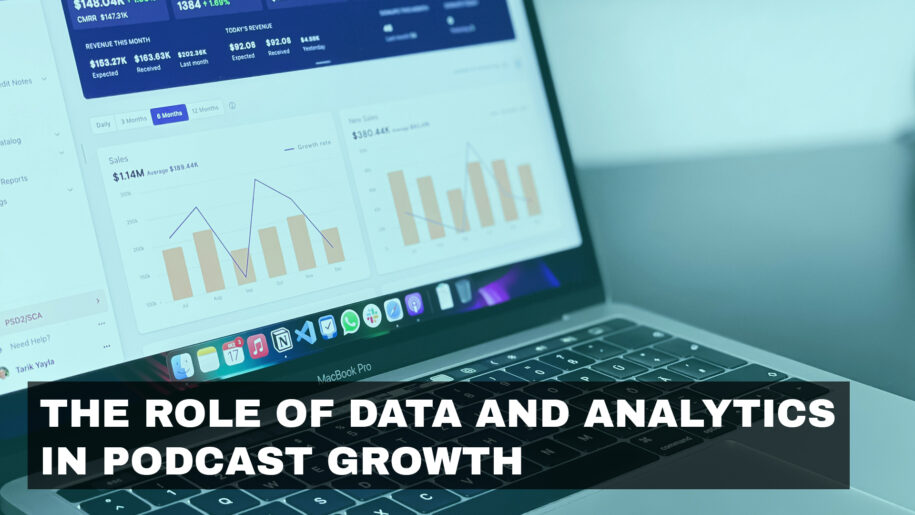In today’s competitive podcasting landscape, data and analytics play a crucial role in driving growth and success. By leveraging insights from listener behavior, demographics, and engagement patterns, podcasters can make informed decisions to enhance their content, increase audience engagement, and expand their reach. This blog post explores the importance of data and analytics in podcast growth and provides actionable tips for effectively utilizing these tools.
Why Data and Analytics Matter in Podcasting
Data and analytics provide valuable insights that help podcasters understand their audience, track performance, and optimize content. Here are some key benefits:
- Audience Understanding: Gain insights into listener demographics, preferences, and behavior.
- Content Optimization: Identify which episodes resonate most with your audience and why.
- Engagement Enhancement: Boost listener engagement by understanding how and when they interact with your content.
- Monetization Opportunities: Discover potential monetization strategies based on listener data.
- Strategic Planning: Make data-driven decisions to plan future episodes and marketing efforts.
Key Metrics to Track for Podcast Growth
To effectively leverage data and analytics, it’s essential to track the right metrics. Here are some critical podcast metrics to monitor:
- Downloads and Streams:
- Total Downloads: Track the total number of downloads for each episode to gauge overall popularity.
- Episode-Specific Downloads: Analyze which episodes are performing best to understand content preferences.
- Listener Demographics:
- Age and Gender: Understand the age and gender distribution of your audience.
- Geographical Location: Identify where your listeners are located to tailor content and marketing strategies.
- Listening Behavior:
- Listening Duration: Measure how long listeners stay engaged with each episode.
- Drop-off Rates: Identify points where listeners tend to drop off and investigate potential reasons.
- Engagement Metrics:
- Subscriber Growth: Track the number of new subscribers over time.
- Social Media Interaction: Monitor likes, shares, comments, and mentions related to your podcast.
- Conversion Metrics:
- Call-to-Action (CTA) Responses: Measure how effectively your CTAs are driving desired actions, such as website visits or downloads.
- Monetization Metrics: Track revenue generated from ads, sponsorships, or listener donations.
Tools for Podcast Data and Analytics
Several tools can help you gather and analyze podcast data effectively. Here are some of the best options available:
- Apple Podcasts Connect:
- Features: Provides insights into listener demographics, episode performance, and listener retention.
- Benefits: Access to detailed data from one of the largest podcast platforms.
- Spotify for Podcasters:
- Features: Offers analytics on listener demographics, episode performance, and user engagement.
- Benefits: Insights from a platform with a large and diverse user base.
- Google Podcasts Manager:
- Features: Tracks listener behavior, such as average listening time and drop-off points.
- Benefits: Free and easy-to-use tool with valuable insights from Google.
- Podtrac:
- Features: Provides detailed podcast analytics, including unique monthly audience, downloads, and retention.
- Benefits: Industry-standard metrics used by many top podcasters.
- Chartable:
- Features: Offers analytics on podcast performance, audience growth, and marketing effectiveness.
- Benefits: Integrates with multiple platforms for comprehensive insights.
- Buzzsprout Analytics:
- Features: Tracks listener stats, episode performance, and geographical data.
- Benefits: User-friendly interface with valuable insights for podcasters.
Actionable Tips for Utilizing Data and Analytics
- Regularly Review Analytics:
- Consistency: Make it a habit to review your podcast analytics regularly to stay informed about performance trends.
- Identify Patterns: Look for patterns in listener behavior and episode performance to inform future content strategies.
- Optimize Content Based on Insights:
- High-Performing Topics: Focus on topics and formats that consistently perform well.
- Improve Weak Points: Address issues identified through drop-off rates and listener feedback to enhance episode quality.
- Engage with Your Audience:
- Listener Surveys: Conduct surveys to gather direct feedback from your audience.
- Interactive Content: Incorporate listener questions, comments, and stories into your episodes to boost engagement.
- Enhance Marketing Efforts:
- Targeted Campaigns: Use demographic data to create targeted marketing campaigns on social media and other platforms.
- Cross-Promotion: Collaborate with other podcasters who have similar audiences to expand your reach.
- Monetize Effectively:
- Ad Performance: Track the performance of ads and sponsorships to optimize revenue streams.
- Listener Donations: Analyze the effectiveness of donation campaigns and adjust strategies as needed.
Data and analytics are indispensable tools for podcast growth, providing valuable insights that can drive content optimization, audience engagement, and strategic planning. By tracking key metrics, utilizing the right tools, and implementing data-driven strategies, you can enhance your podcast’s performance and reach new heights. Embrace the power of data and analytics to create compelling content, foster a loyal audience, and achieve long-term success in the podcasting world.


